Category: National Center for Environmental Health
Prepare for Spring Weather
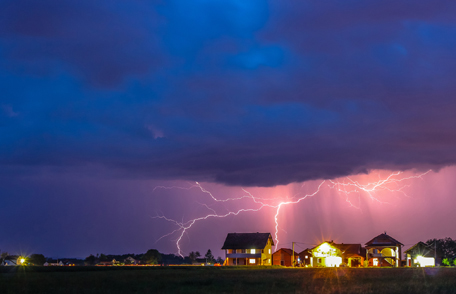
Spring weather can be unpredictable. Reduce injury risk and plan ahead. Spring is the time of year when many things change—including the weather. Temperatures can swing back and forth between balmy and frigid. Sunny days may be followed by a week of stormy weather. Sometimes extreme weather changes can occur even within the same day. Read More >
Posted on by Leave a commentFlood Safety Tips
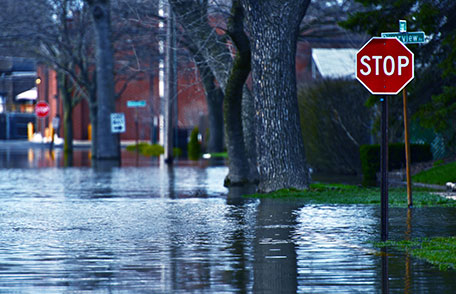
Take these important steps to reduce the harm caused by flooding. Each year, more deaths occur due to flooding than any other hazard related to thunderstorms. The most common flood deaths occur when a vehicle is driven into hazardous flood water. Fortunately, you can take steps to protect yourself, your family, and your home. During Read More >
Posted on by Leave a commentTracking Network Data Spotlight Poisonings
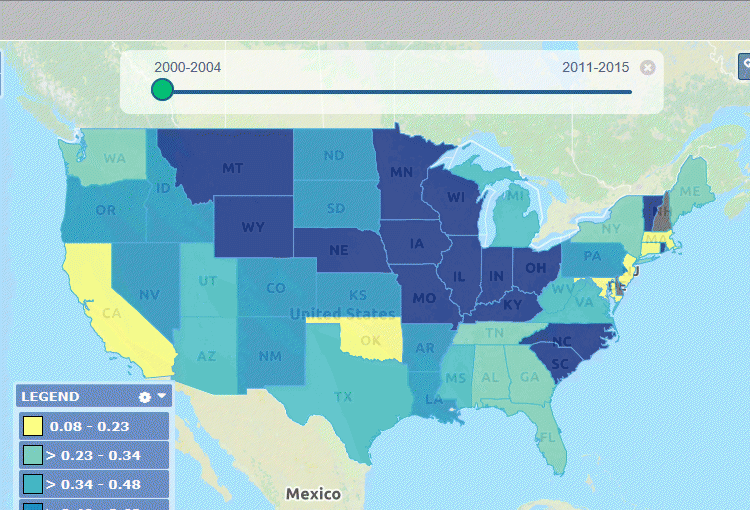
CDC’s Environmental Public Health Tracking Network (Tracking Network) connects people with vital public health information. It has data and information that can inform a wide variety of environmental and public health efforts. In recognition of National Poison Prevention Week, we’re highlighting data and information available on the Tracking Network that relate to poisonings. Tracking poisonings Read More >
Posted on by Leave a commentTracking Groundwater in Maine
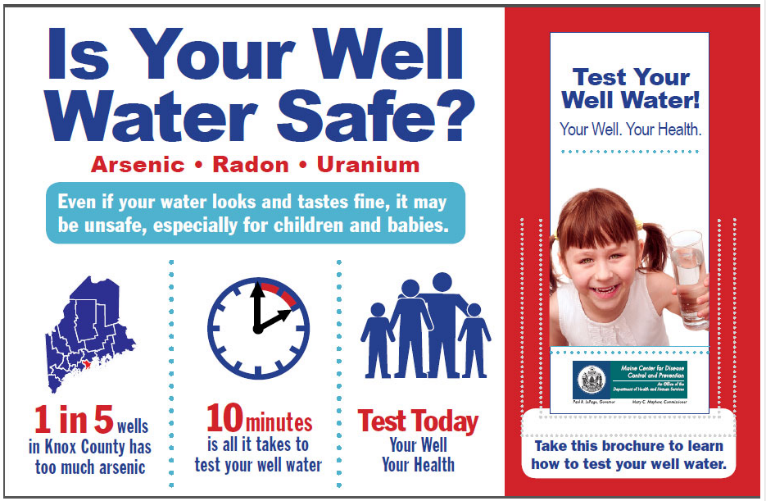
In Maine, more than half of all homes rely on private wells for drinking water. Many wells have levels of arsenic, uranium, or other chemicals that can cause serious health effects such as cancer or low birth weight. These contaminants can only be detected through laboratory testing. Private well owners are responsible for testing their Read More >
Posted on by Leave a commentBe Prepared to Stay Safe and Healthy in Winter

Winter storms and cold temperatures can be hazardous. Stay safe and healthy by planning ahead. Prepare your home and cars. Prepare for power outages and outdoor activity. Check on older adults. Read More >
Posted on by Leave a commentWorld Hearing Day: March 3rd. “Hear the future … and prepare for it.”
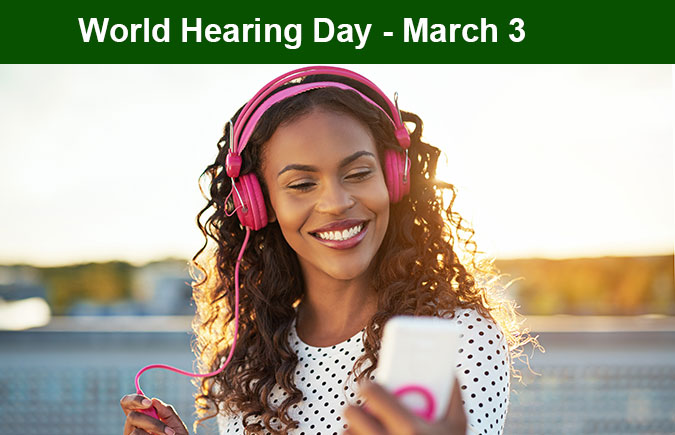
Repeated exposure to loud noise over the years can cause hearing loss. There is no cure for hearing loss! Protect your hearing by avoiding loud noise such as concerts and sporting events. Use earplugs or noise-cancelling headphones to protect your ears. If you already have hearing loss, take steps to keep it from getting worse. Read More >
Posted on by Leave a commentCarbon Monoxide (CO) Poisoning Prevention
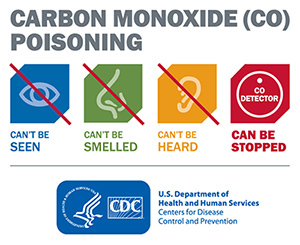
When power outages occur after severe weather, using alternative sources of power can cause carbon monoxide (CO) to build up in a home and poison the people and animals inside. Every year, at least 430 people die in the U. S. from accidental CO poisoning. Approximately 50,000 people in the U.S. visit the emergency department Read More >
Posted on by Leave a commentRadon: We Track That!
CDC’s Tracking Network connects people with vital information on a variety of health and environmental topics. You can use data and information collected about radon to help determine individual and community risk for radon and inform community interventions. Read More >
Posted on by Leave a commentProtect Yourself and Your Family from Radon

Radon is the second leading cause of lung cancer after cigarette smoking. If you smoke and live in a home with high radon levels, you increase your risk of developing lung cancer. Having your home tested is the only effective way to determine whether you and your family are at risk of high radon exposure. Read More >
Posted on by Leave a commentMartin Luther King Jr. and Environmental Justice: A Leader Ahead of His Time

Every year we celebrate the legacy of Dr. Martin Luther King Jr. and his work toward social justice, civil liberties, and equal rights for all. His actions, including civil disobedience and passive resistance, led to widely known legal achievements such as the Civil Rights Act of 1964 and the Voting Rights Act of 1965. Might Read More >
Posted on by Leave a comment
